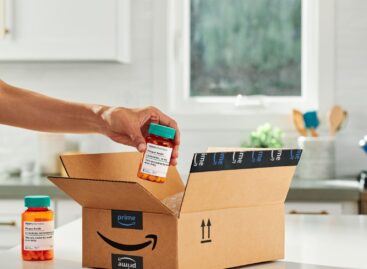Coffee without beans: environmentally friendly solutions are coming
A neighborhood in San Francisco recently debuted a coffee drink made without the use of a single coffee bean – a new direction as a result of the innovation of so-called alt-coffee startups. These businesses strive to revolutionize coffee consumption while offering an environmentally friendly alternative to traditional coffee, according to the BBC.
Seattle-based Atomo is one of the pioneers of this movement. According to Andy Kleitsch, the company’s CEO, their goal is not just to create a coffee substitute, but to create the experience and taste of traditional coffee without beans. The focus of alt-coffee businesses is sustainability, as the production of bean-free coffee is less burdensome on the environment. According to the World Wide Fund for Nature (WWF), coffee cultivation is the sixth largest cause of deforestation, and due to climate change, plantations are occupying ever larger areas. A bean-free alternative can thus potentially reduce the industry’s impact on the environment.
Alt-café can also be economically beneficial. According to alt-coffee startups, their products could become cheaper than traditional coffee in the long run, especially since the price of coffee has risen to record highs in the recent period. Atomo’s bean-free coffee is now available in more than 70 coffee shops in the United States, and the coffee chain Bluestone Lane has also added it to its range. The company also offers a product for home consumption, although at the moment it is still slightly more expensive than premium traditional coffees.
Atomo’s coffee is made from various natural ingredients such as date seeds, ramon seeds and sunflower seed extract. They are treated with special processes to achieve a taste and aroma similar to traditional coffee. Other companies, such as Northern Wonder in the Netherlands, use different materials and methods and are still in the development phase.
Related news
Related news
Amazon expanding same-day prescription delivery to 4,500 cities & towns
🎧 Hallgasd a cikket: Lejátszás Szünet Folytatás Leállítás Nyelv: Auto…
Read more >









